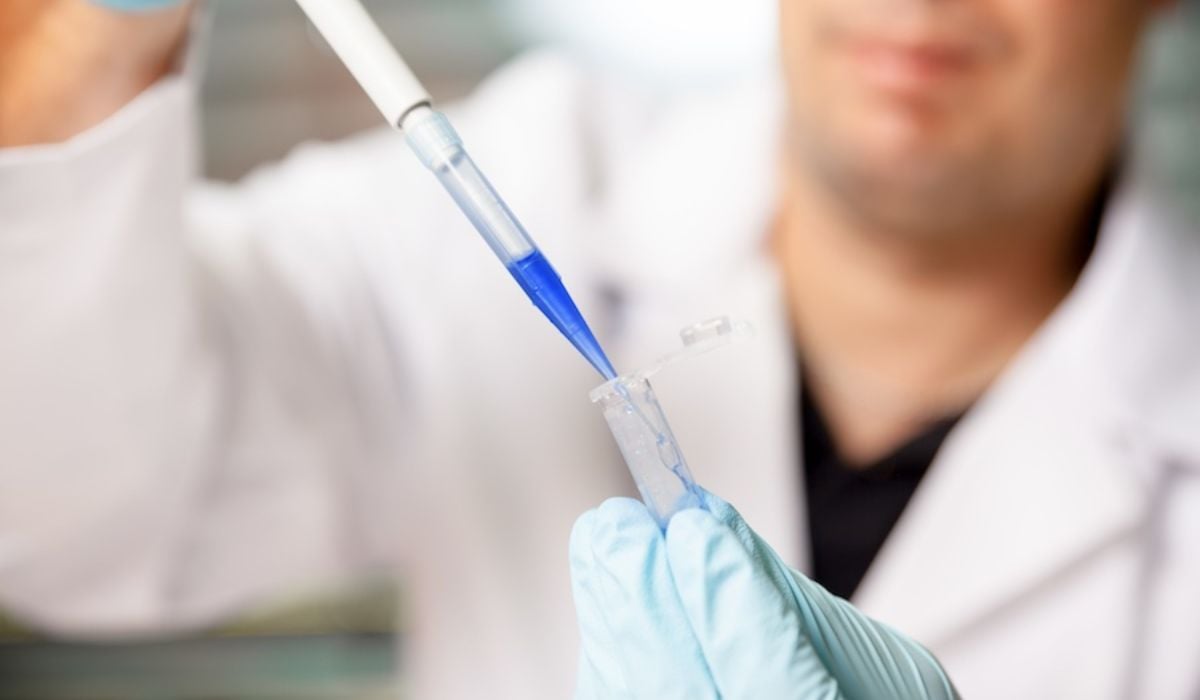
In 2013, the US Supreme Court ruled against one company owning the patent on genetic testing for BRCA1 and BRCA2 genes. Changes in these genes are associated with a high risk for breast cancer and ovarian cancer. The ruling cited that human genes are not eligible for patents because they are a product of nature. Since this ruling, the world of cancer genetic testing has opened up both scientifically and financially.
How the BRCA Patent Ruling Expanded Access to Genetic Testing
Prior to the Supreme Court ruling, only one commercial laboratory was able to offer genetic testing for the BRCA1 and BRCA2 genes. Since the patent has been overturned, multiple laboratories have started to offer testing for BRCA1 and BRCA2, and from this, multigene cancer panels have emerged. Multigene cancer panels allow testing for many additional genes associated with breast cancer, ovarian cancer, colon cancer, and various other cancers.
Beyond BRCA: What Multigene Cancer Panels Can Detect
In addition to BRCA1 and BRCA2, many panels offer testing for Lynch syndrome, Hereditary Nonpolyposis Colorectal Cancer (HNPCC), and other hereditary cancer syndromes. Individuals with Lynch syndrome are at a higher risk for various cancers, such as colon cancer and endometrial cancer, as well as stomach cancer, ovarian cancer, and brain cancer.
Should You Get Retested? The Importance of Updated Genetic Testing
A patient who tested negative for BRCA1 and BRCA2 gene changes prior to 2013 should re-contact their physician and/or genetic counselor to discuss updates in genetic testing. A patient negative for BRCA1 or BRCA2 gene changes, in some cases, may test positive for a change in another breast cancer gene or another hereditary cancer gene on the new multigene panels. Tifany Lewis, CGC, our genetic counselor at Virginia Oncology Associates, feels that “it is important for patients to remain in contact with their physician or genetic counselors regarding any changes to their family history. A change in a patient’s personal or family history could result in changes to genetic testing recommendations.”
Who Should Consider Genetic Testing? Criteria from VOA
Virginia Oncology Associates has several criteria for individuals interested in genetic testing, including but not limited to the following:
- Breast cancer diagnosed before age 50 years
- Cancer in both breasts
- Breast and ovarian cancers in either the same woman or the same family
- Ovarian cancer or fallopian tube cancer at any age
- A male family member who was diagnosed with breast cancer
- Triple-negative breast cancer at or before age 60 years
- Ashkenazi Jewish ancestry and a personal and/or family history of breast cancer, ovarian cancer, or pancreatic cancer.
Learn more about who should get genetic testing for cancer.
Family History Matters: Start the Conversation During the Holidays
Accurate family history is an important part of cancer genetics risk assessment. According to Tifany, the problem is that many of her patients don’t know much about their family’s medical history. To help people get a handle on their family medical history, she suggests using November’s National Family History Month as a way to start the conversation. “In November and into December, families are gathering together for the holidays and having conversations around the table. We are encouraging people to talk about their family’s medical history, write it down, and share the information with their physicians and/or genetic counselor.” In addition to a patient’s personal history, the genetic counselor uses the family history to make recommendations for genetic testing.
Genetic Testing for Cancer as a Tool for Risk Assessment—not a Diagnosis
Tifany feels that patients should understand that genetic testing is not “black or white” but rather “a tool that can provide additional information to an overall risk assessment and health plan.” What she means is that having a genetic risk does not mean you will definitely get cancer, and the absence of a genetic risk doesn’t mean you will not get cancer. Still, the benefits of having the information available to you and your doctor outweigh the inconclusiveness.
How Genetic Counselors Help Patients Understand and Act on Results
As a Genetic Counselor, part of Tifany’s job is to help patients interpret their genetic test results in a way that is easy to understand and then to help set them up on a course that will prevent or catch cancer as early as possible. This opportunity has proven incredibly popular, as our facility has provided upwards of 500 patients a year with genetic cancer testing and genetic counseling.






